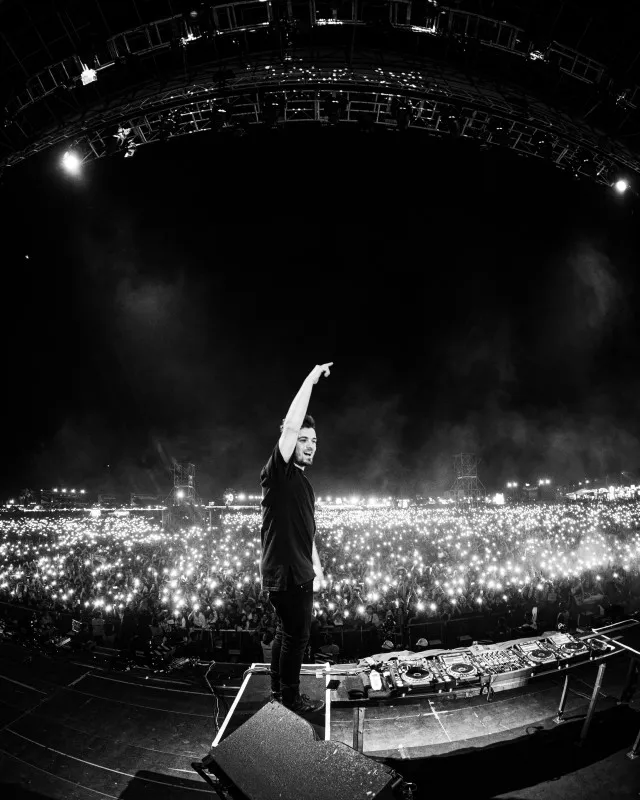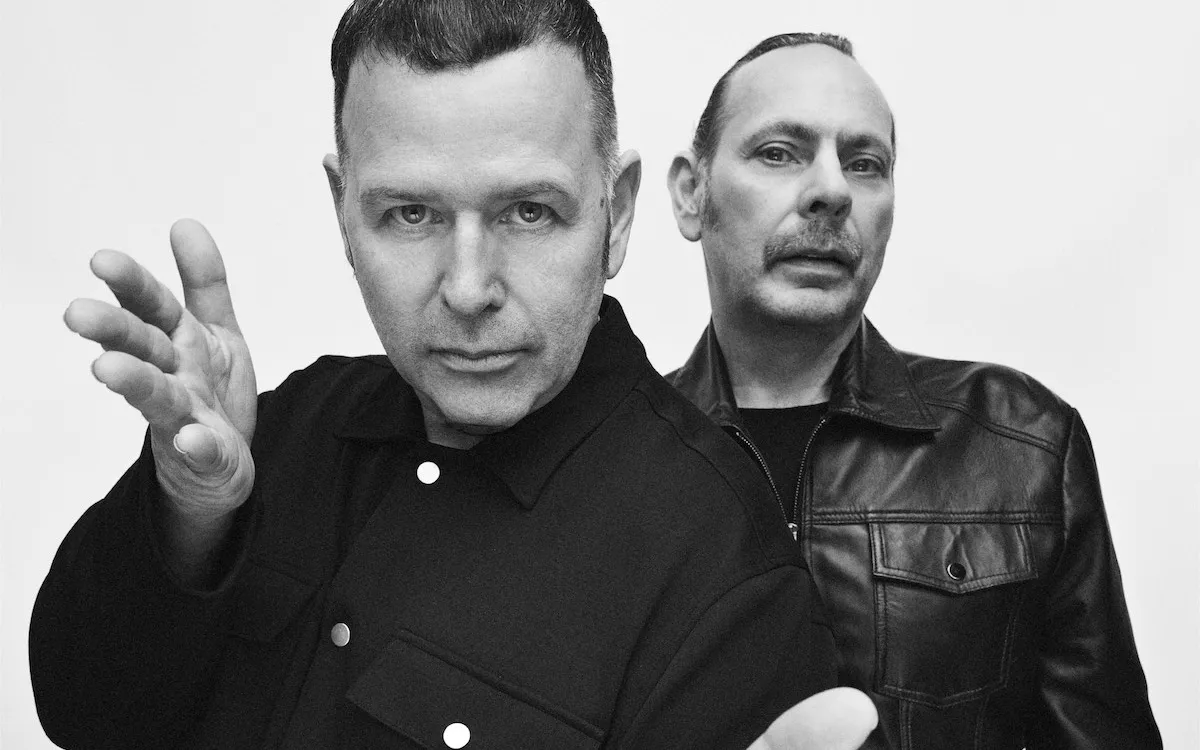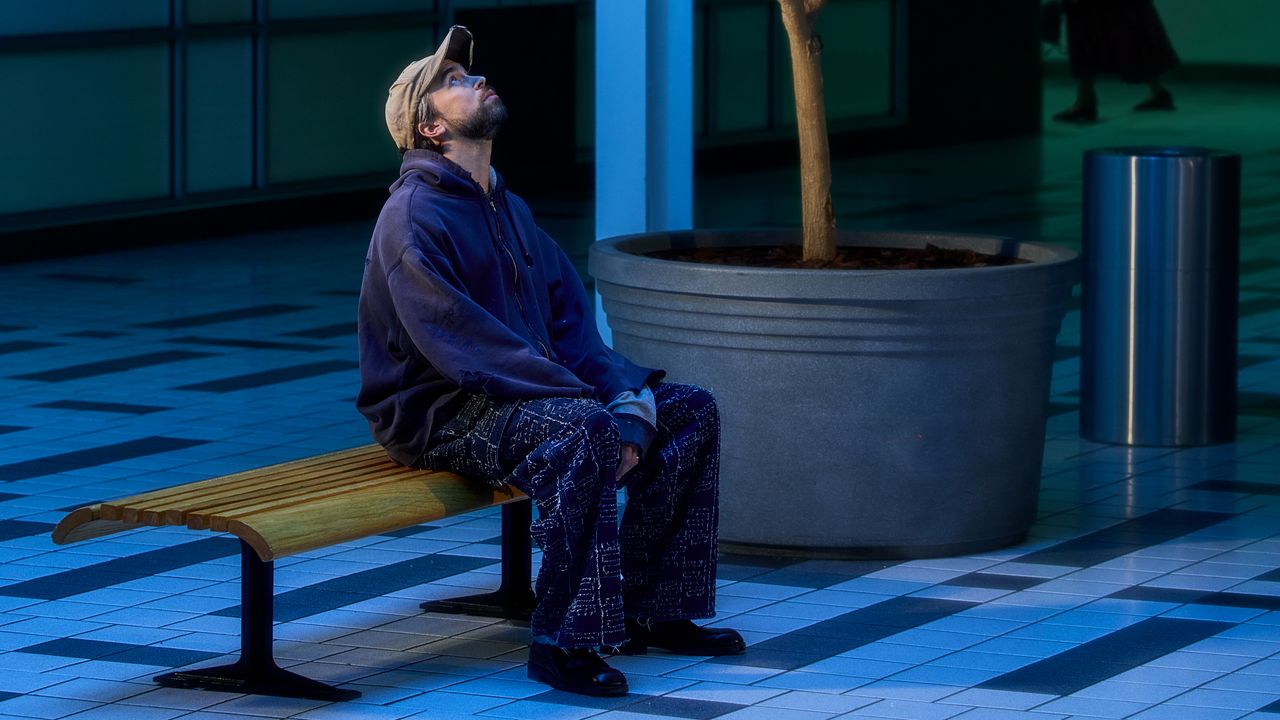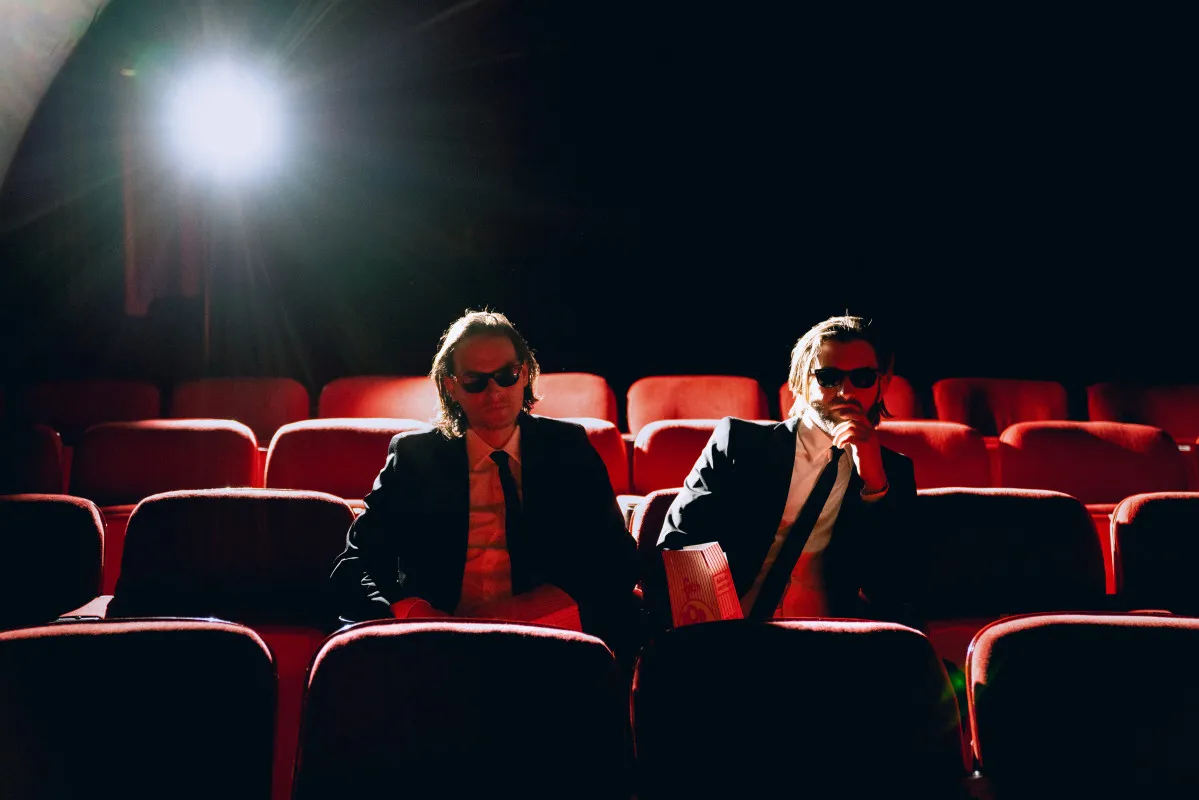Don't Call It a Comeback: Progressive House Never Left, and It's Recapturing Festival Glory

I still vividly remember when I heard the song that would forever guide my journey into the world of electronic dance music.
It was sometime in the winter of 2010 when I was driving home from work, listening to BPM on SiriusXM Radio. As I drove down familiar streets back to my apartment, an unfamiliar yet uplifting track started, and the melody we all would learn to cherish kicked in. I was instantly hooked.
As you may have guessed, the track was Avicii "Levels." I didn’t know it at the time, but it ultimately kickstarted my deep love for progressive house music.
The genre at that time dominated the mainstage, with visionaries like Avicii, Alesso, Swedish House Mafia and Martin Garrix pushing its boundaries through soaring sounds that made us feel, made us connect—that made us, us. However, many would argue that brand of uplifting progressive house took a backseat to other sub-genres since its golden era of the early- to mid-2010s.
The question remains: Where did it go?
The stateside EDM boom after 2010 saw sub-genres developing and spreading like wildfire as listeners' tastes evolved, helping propel rave culture into the mainstream. But the book of progressive began to gather dust on the shelf for roughly a decade as genres like bass house, trap and future bass swelled.
But as things typically do in life, history finds a way of repeating itself. These days, it may feel like progressive house is "back," but it never left—and it's starting to recapture the same festival glory.
Look no further than Audien and his "Progressive House Never Died" series, which is beginning to evolve into a full-fledged movement. The renowned producer, who is gearing up to release his first album in six years, has consistently preserved and flown the flag of progressive house as one of its key modern voices.
"Progressive house was my first love," Audien tells EDM.com. "It’s the genre that made me fall in love with dance music in the first place."
Audien.c/o Prodigy Artists
"There's just a level of emotion in progressive house that’s hard to find elsewhere," Audien continues. "The melodies, the build, the release—it’s music that actually feels something. I think a lot of people still crave that connection, even if they don’t always know how to put it into words. That’s why I’ve stuck with it all these years. It’s timeless."
Many other influential electronic artists are following Audien's lead. After a massive performance at the inaugural EDC Thailand festival in January, The Chainsmokers said they're "quadrupling down on progressive house" and channeling the euphoric roots of their early sound.
The same goes for the legendary Swedish House Mafia, whose recent single, "Wait So Long," is fueling rumors of a new album harkening back to their vintage progressive house sound.
View the original article to see embedded media.
There's no question progressive house has come off the bookshelf. The dust has been brushed off and the masses are all reading again. But why the resurgence?
One core reason, of course, is nostalgia. Many of today's young stars grew up listening to progressive house legends, and just like us, the genre transports them right back to the early days of their journey.
Now so more than ever, the EDM community thrives on kinship, and progressive house represents a dream we all share: to connect over a shared love of the music that first inspired us.
For Audien, it's important to pay homage to that golden era while pushing the genre forward in unexpected, future-facing ways.
"For me it's about staying rooted in what made those early records special—emotional chords, strong songwriting, real storytelling—while giving it a modern lens," he explains. "I’m constantly experimenting with new sounds, working with different vocalists, and trying things that feel fresh. There’s definitely a fine line between nostalgia and evolution, but that’s what keeps it exciting. I want to honor the past without getting stuck in it."
Disclaimer: This story is auto-aggregated by a computer program and has not been created or edited by beatsway.
Publisher: Source link
Top Categories
Recent News
Daily Newsletter
Get all the top stories from Blogs to keep track.




